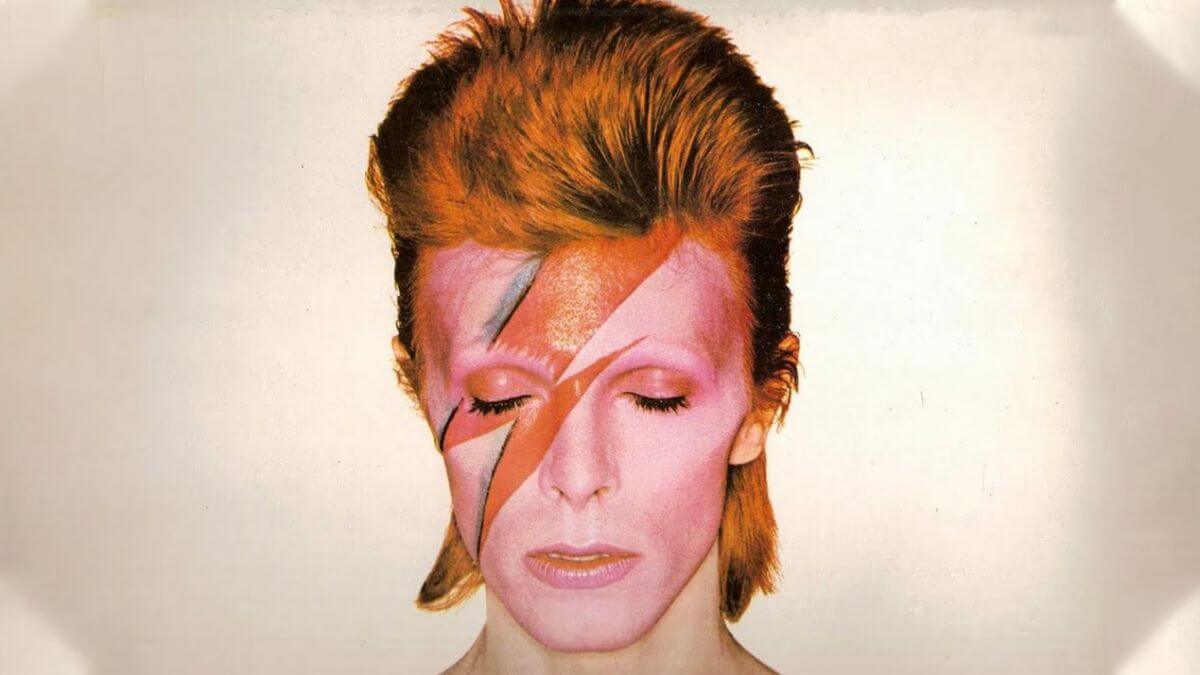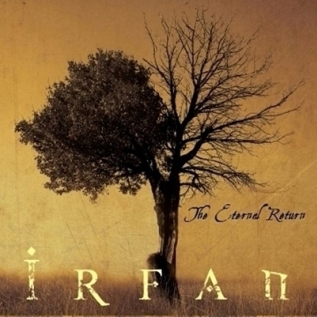It’s undeniably great that Dead Can Dance’s best students are none other but Sofia-based act IRFAN. During the years we’ve listened to a horde of bands directly inspired by Perry and Gerrard’s albums but none of them comes close to the exquisite concept, offered by these Bulgarians.
Their third album ‘The Eternal Return’ is a yet another evidence to that as well as IRFAN’s next step towards the best ethereal acts not only here but in the whole world.
We’ve waited this release with both impatience and a slight doscomfort. For 2007’s ‘Seraphim’ was such a splendid listen that we wondered wether our boys (and a girl) would ever be able to record something as impressive once again. They took their sweet time but we’re happy to state that, yes, they finally did it.
The backbone of each track is the strong and quite varied rhythm section consisting of Kalin Yordanov and Peter Todorov, while multiinstrumentalists Ivaylo Petrov and Yasen Lazarov add layer after layer of texture and melody. The splendid Denitza Seraphim‘s voice is another defining moment for this album (as was for the last) – her presence is so strong we could hardly imagine those tracks performed by any other.
‘The Eternal Return’ contains a DCD track that IRFAN have often played at their concerts but has so far never been recorded in a studio. Petrov and Yordanov have created a version of the track and with the blessing of Brendan Perry himself (who also named the song), ‘Salamander’ finally made it to a physical release.

